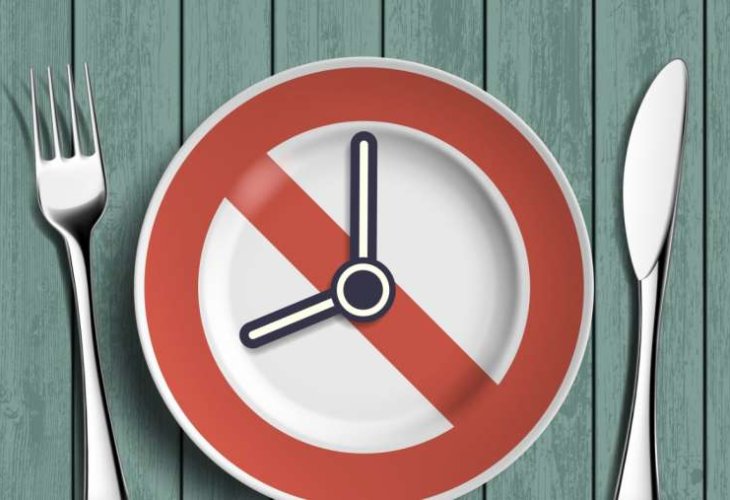Thinking About Intermittent Fasting for Weight Loss? Read This First
The popular diet, 16:8, has gone viral. A new study finds it might actually harm your heart health.
 (Photo: shutterstock)
(Photo: shutterstock)Recently, the intermittent fasting diet has been spreading online: from teenagers to adults, everyone is trying the diet that involves 16 hours of fasting and 8 hours of eating (the 16:8 diet). For some people, this diet is beneficial, but others claim they consume so much during the 8-hour eating window that the approach is ineffective, and they even gain weight.
Apparently, this is the most popular diet today, primarily because it's free and doesn't require signing up for various sites that offer meal plans and support. However, a recent study reveals that beyond its effectiveness or lack thereof, this diet could pose risks and lead to heart problems.
The popularity of intermittent fasting led to a study involving nearly 20,000 people, most of them adults, which found these individuals were more prone to heart disease compared to those who ate during most of the day. The researchers examined the long-term effects of the plan. The bottom line of the study: those who ate for less than 8 hours a day had a 91% higher risk of dying from heart disease.
In this month's study presentation, it was noted that previous research had already found that time-restricted eating improves health metrics such as blood pressure, glucose levels, and cholesterol in the blood.
"Time-restricted eating gained popularity for those wanting to lose weight and improve heart health," said study author Prof. Victor Wenze Zhong. "However, the long-term health effects are unknown. We were surprised to find that people following an 8-hour eating schedule were more likely to die from cardiovascular diseases. Our study shows that compared to a typical eating period, a shorter eating duration isn't associated with longer life. Although the study identified a link between an 8-hour eating window and death, it doesn't imply time-restricted eating caused it."

